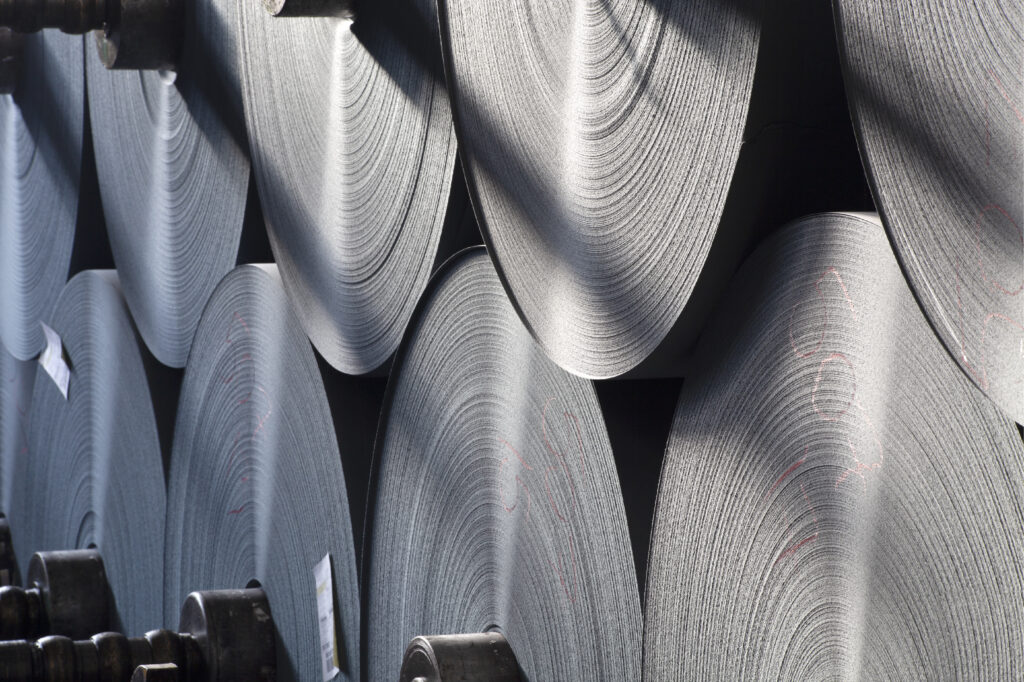Our Priorities

Climate friendly Forest fibre-based Products
A fossil-free world: innovative low-carbon alternatives
Europe’s forest-based industry can help you revolutionise while you decarbonise. Forest-based products have a far better climate impact than fossil-based materials; from construction applications, furniture, textiles and packaging solutions, the forest-based industries make our sustainable lifestyle a reality, and in packaging which is renewable, recyclable and biodegradable. The net mitigation effect of the forest-based sector corresponds to 20% of the total EU CO2 emissions. The industry continues to reduce our CO2 emissions every year.*
Additionally, our scientists are continuously developing new biobased products from the forests that together with more traditional products will contribute to a more sustainable society. To restore the atmospheric balance requires a two-fold strategy: reducing CO2 emissions and increasing the capacity of the global carbon sink. Forests and wood-based products can be part of both solutions and our sector is helping to solve the global climate challenge.
* Source: EU FOREST-BASED INDUSTRIES 2050: CO2 effect calculations supporting sector’s vision of sustainable choices for a climate-friendly future (Cepi, 2020)

Forests and Biodiversity
Renewable resources: planting trees & preserving biodiversity
The world’s forests are home to thousands of species of birds, mammals, insects & plants. Climate change is threatening the forest biodiversity that is vital for our planet’s ecosystems. Sustainable forest management preserves biodiversity and safeguards the forests for future generations. Europe’s forest-based industry is committed to sustainable forest management: In Europe we plant more trees than we harvest and only use wood from controlled and legal sources. To assure sustainable forest management is kept at high standards our industry at large relies on internationally recognised certifications like FSC & PEFC. Europe has the highest level of forest certification in the world and 90% of the market pulp is certified and 78% of wood comes from certified forests (source: Cepi).
Did you know forests cover 40% of the European territory with a 59000 km2 increase over the last 15 years (State of Europe’s Forests 2020) and the area of forest designated for biodiversity conservation has increased by 65% in 20 years, covering already 1/4 of all forest – an area equal to that of Spain (State of Europe’s Forests 2020)?

Circularity
Recyclable & reusable: supporting the circular economy
The forest-based industry supports the circular economy by using all parts of the trees in a unique ecosystem. New technology enables sawmills to maximise lumber output and the quality of by-products such as chips and sawdust while producing no waste. We are pioneers in working to the resource efficiency principle, maximising the added value of wood resources in a highly-mechanized production cycle. In addition to their main products, the pulp and paper industry is an important producer of renewable electricity to the grid from our pulp mills. The European forestry sector is a recycling champion: 82% of European paper and board packaging is recycled (Eurostat, 2022). Did you know that recycled forest-based textile fibres are sometimes even stronger than the virgin ones? Also, a number of solid wood products can be recovered and repurposed for a range of applications after initial use. This together with a high recycling rate creates the base for a true circularity champion.

Responsible Industry
The added value of the industry: socioeconomic and environmental benefits
The forest-based sector is a crucial element in the transition to a sustainable and climate-friendly future and it benefits both the European economy and the environment. The forest-based sector provides added value worth 166 billion euros to the European economy every year and employs 4 million Europeans (European Commission, 2021, EU Forest Strategy). The forest-based sector creates jobs and contributes to economic growth, particularly in rural areas where other employment opportunities may be limited. The forest-based sector produces its products for European consumers and beyond. Recycling is done locally.
Furthermore, the European forest-based sector actively takes responsibility for reducing its emissions to air, water and soil. Our industry has demonstrated a successful decoupling of environmental emissions from economic growth. In a modern pulp mill the emissions have virtually been eliminated.
